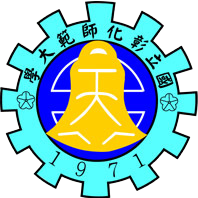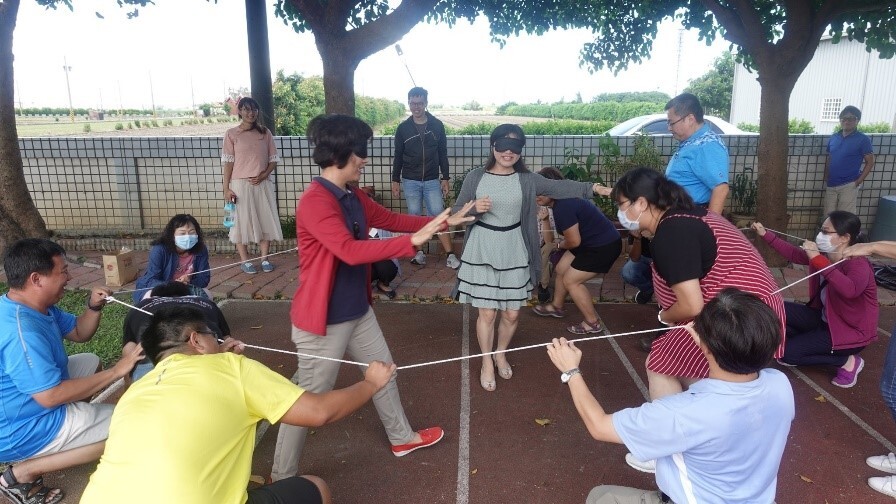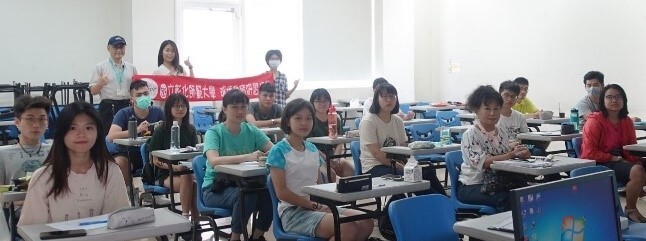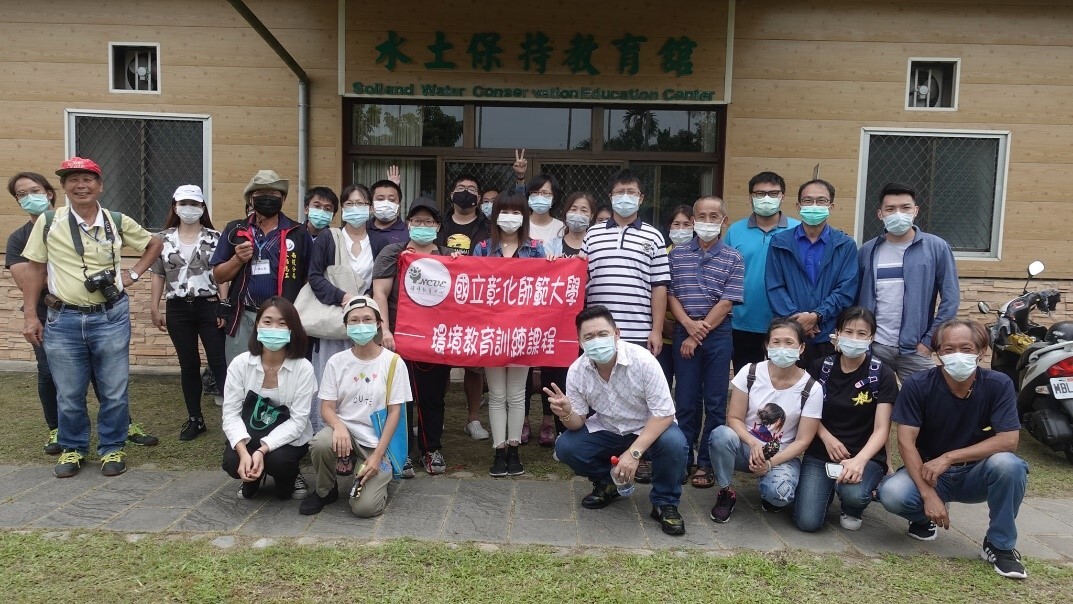SDG14.2.1 Fresh-water ecosystems (community outreach)-2021
Although Taiwan is surrounded by the sea, due to its climate and geographical conditions, the available freshwater resources are insufficient, making water the most important constraint on Taiwan’s social and economic development. In recent years, countries all over the world have become aware of the importance of sustainable resource development, the maintenance of biodiversity, and ecological conservation. Water resources are crucial to all these efforts. NCUE’s Environmental Education Centre, General Education Centre, and Science Education Centre are responsible for the planning and implementation of environmental programmes related to the freshwater ecosystem. They provide free education to communities locally and nationally, NCUE students, and current junior and high school teachers by applying for programmes funded by the government. The subjects cover freshwater ecosystems, freshwater organisms, observation of indicator organisms in freshwater, freshwater water quality factors, freshwater ecosystem water quality factors, testing of campus and community water quality, water used in production (including irrigation, industrial water, energy water and agriculture and fisheries), leisure and tourism, and individual and business efforts in controlling water pollution and conserving the water environment. These programmes aim to improve the knowledge of NCUE students, current junior and high school teachers, and communities locally and nationally on water environment and their awareness of water environment protection.
1. Environmental Education Centre at NCUE
The Environmental Education Centre at NCUE promotes programmes, including 24-, 33-, and 120-hour courses for the certification of environmental education personnel’, the ‘Fangyuan Reengineering USR Seed Programme’, and the ‘Sprouting Programme for Engaging Fangyuan and Dacheng: Industrial and Environmental Sustainability for Changhua’s Twin Towns in 2020–2022’.
1.1 24-, 33-, and 120-hour courses for the certification of environmental education personnel
The Environmental Education Centre provides education courses for local and national communities from July to October 2020 by supplementing the ‘Programme for Engaging Fangyuan and Dacheng: Industrial and Environmental Sustainability for Changhua’s Twin Towns’. They include the Environmental Education Personnel Certification Training – a special class for Houliao Elementary School held in July 2020 (training 18 environmental education personnel), the Environmental Education Personnel Certification Training – a 33-hour class held in July–August 2020 (training 15 environmental education personnel), and the Environmental Education Personnel 120-hour Training Class held in July–October 2020 (training 20 environmental education personnel). In 2021, a total of 53 educators will be trained for environmental education and freshwater ecosystem maintenance.
|
|
|
|
Links to the course video and information:
https://www.facebook.com/media/set/?vanity=NCUEEEC&set=a.776743466396097
https://www.facebook.com/media/set/?vanity=NCUEEEC&set=a.792022818201495
https://www.facebook.com/media/set/?vanity=NCUEEEC&set=a.884217642315345
1.2 Fangyuan Reengineering USR Seed Programme and Sprouting Programme for Engaging Fangyuan and Dacheng: Industrial and Environmental Sustainability for Changhua’s Twin Towns in 2020–2022: Bilingual lectures on freshwater ecology and water quality workshops were held in Changhua Hemi Experimental High School and Changhua Erlin High School. The workshop covered the freshwater ecosystem, freshwater organisms, observation of freshwater indicator organisms, freshwater water quality factors, freshwater ecosystem water quality factors, and testing water quality in campuses and communities.
For more information, see: https://www.facebook.com/NCUEUSR/photos/?tab=album&ref=page_internal
2. General Education Centre at NCUE
From 14 September 2020 to 15 January 2021, the General Education Centre at NCUE offered the Understanding the Water Environment course. The goal of this course is to prepare our students with an in-depth understanding of the water environment in this increasingly crowded world. As the process of controlling and using water becomes more complex, and the demand for water continues to rise, every drop of water has to be used for agriculture, industry, and livelihoods, sometimes in turn.
However, in the case of abnormal weather and the public’s lack of care for resources, great damage is often caused. Although Taiwan is surrounded by the sea, due to its climate and geographical conditions, available freshwater resources are insufficient, making water the most important constraint on Taiwan’s social and economic development. In recent years, countries all over the world have become aware of the importance of sustainable resource development, the maintenance of biodiversity, and ecological conservation. Water resources are crucial for all these efforts. Therefore, this course covers irrigation, industrial water use, energy water use, agricultural and fishery water use, leisure and tourism, and discussion on how individuals and businesses can prevent water pollution and conserve water resources and the environment. Development topics such as ‘Irrigation and Water Conservancy Organization’ and the ‘Relationship Between Water Resources and Local Culture’ are also addressed to strengthen students’ understanding of the connection between water and our daily life. This could motivate them to take care of the water resources and revitalise streams and shorelines damaged by pollution, as well as inspire them to think about what are the necessary qualities of a modern citizen in relation to the environment and environmental protection.
For more information, see: https://webap0.ncue.edu.tw/DEANV2/UploadDEAN/SUBJECT/1091/00234_0CCGE0179720.pdf
3. Science Education Centre-organised ‘Teachers’ Outdoor Ecological and Fishery Teaching Enhancement Event: Research and Study Activities in the Budai Coastal Wetland Ecological Park’
The Science Education Centre organised the event because the Budai wetlands in Chiayi County are important bird habitats with many aquaculture businesses. The event shifted the focus of the 2019 curriculum quality-oriented education from science education to ecological education. Moreover, the lecturer presented the biological diversity of birds and demonstrated practices in outdoor teaching. Participants in the event also visited local businesses operated under the novel business model of ‘non-toxic aquaculture’.
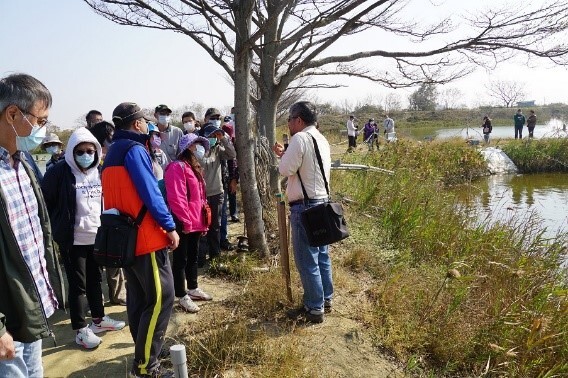
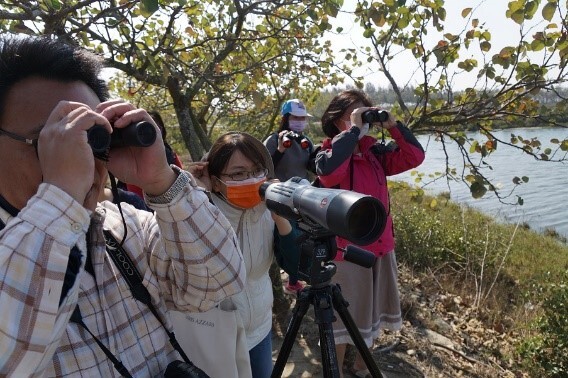
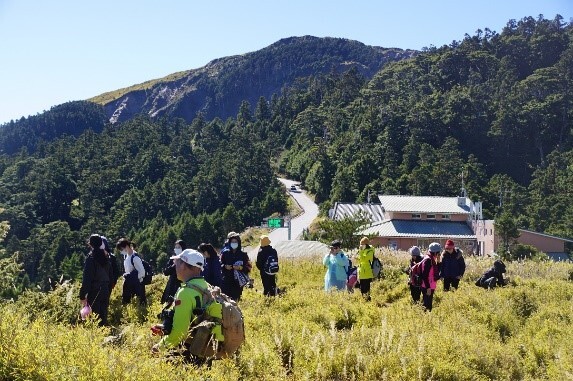
For more information, see: http://www.cyc.edu.tw/uploads/tadnews/file/nsn_61681_1.pdf
